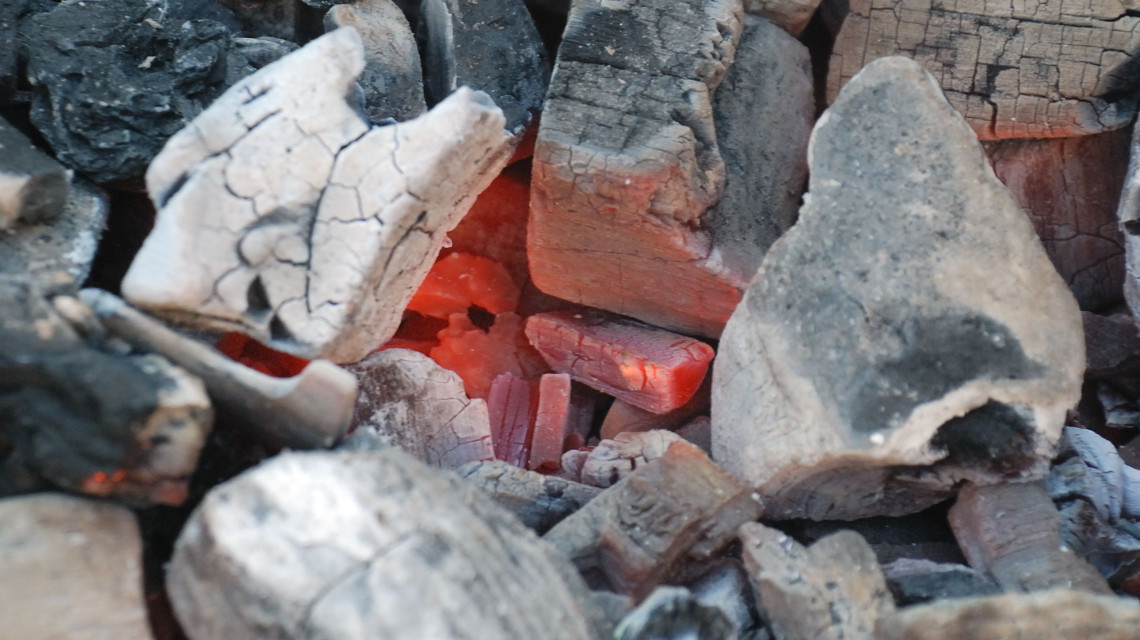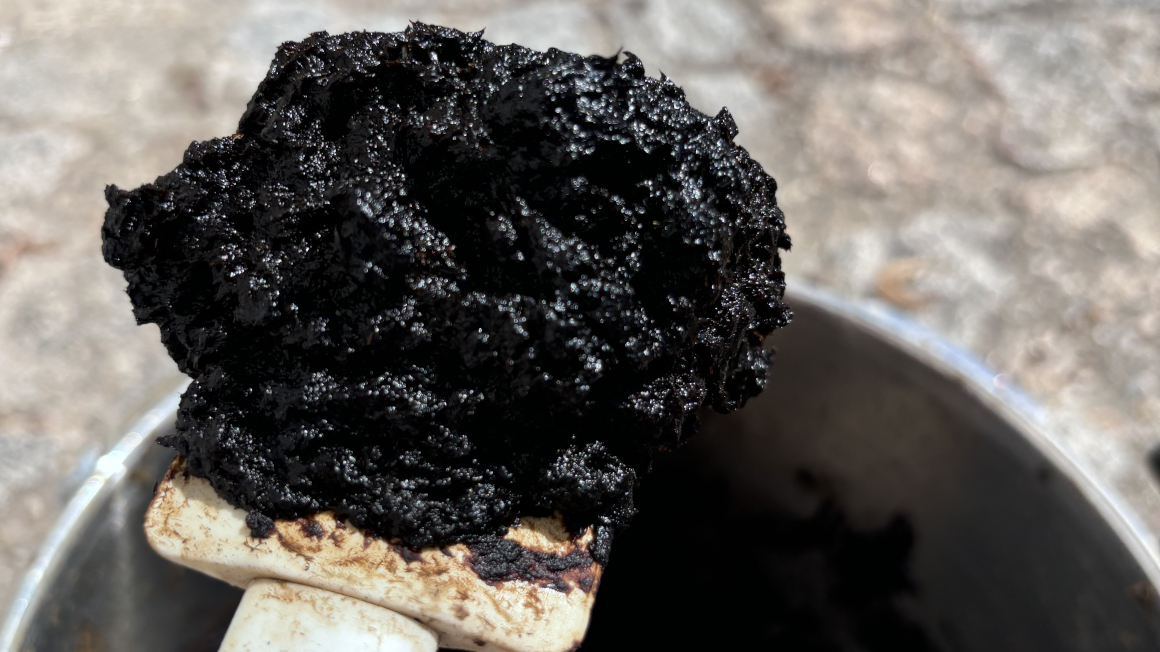Manure coating improves biochar's fertiliser qualities
Geomicrobiologists from the University of Tübingen demonstrate that co-composting of mixed manure and biochar creates an organic coating, which improves its fertiliser properties.

Biochar is a carbon-rich, charcoal-like substance made from oxygen-deprived plants or other organic material. It can store large amounts of carbon and when applied as a fertilizer it slowly releases nutrients into the ground. However, the exact mechanisms how biochar stores nutrients and promotes plant growth have not been identified yet, which also severely limits its commercial potential. An international team of researchers, led by the University of Tübingen in Germany, deciphered the storage and release mechanisms of biochar. The team published their results in the journal Nature Communications, in which they describe how composting biochar together with manure significantly improves the biochar's fertilizing capabilities.
Organic coating improves biochar fertiliser
Thus far most fertilisers contain a lot of nitrogen, which negatively affects the environment. Biochar has been suggested as an eco-friendly alternative, however, due to the unknown functional mechanisms of biochar fertilisers, it has not been economically viable. Andreas Kappler at the Center for Applied Geoscience at the University of Tuebingen and geo-ecologist Nikola Hagemann, who received a doctorate scholarship from the Rosa Luxemburg Foundation (Berlin), led the study together with experts at the Colorado State University. The researchers investigated the fertilising properties of biochar when it is composted together with mixed manure. They were able to demonstrate that this process creates a very thin organic coating that significantly improves the biochar's fertilizing capabilities. "This organic coating makes the difference between fresh and composted biochar," Kappler said. "The coating improves the biochar’s properties of storing nutrients and forming further organic soil substances." Moreover, they were able to show that the coating strengthens the biochar's interactions with water and its ability to store soil nitrates and other nutrients.
Increased commercialisation of biochar fertiliser
Using a combination of microscopic and spectroscopic analyses, the researchers found that dissolved organic substances played a key role in the composting of biochar and created the thin organic coating. In fact, such coating also occurs when untreated biochar was introduced into the soil – but much more slowly. Thus, the improved understanding of biochar's properties could trigger more widespread commercialisation of biochar fertilizers. Such a change could reduce global dependence on inorganic nitrogen fertilizers that have served as modern food-production workhorses for more than a century.
jmr


